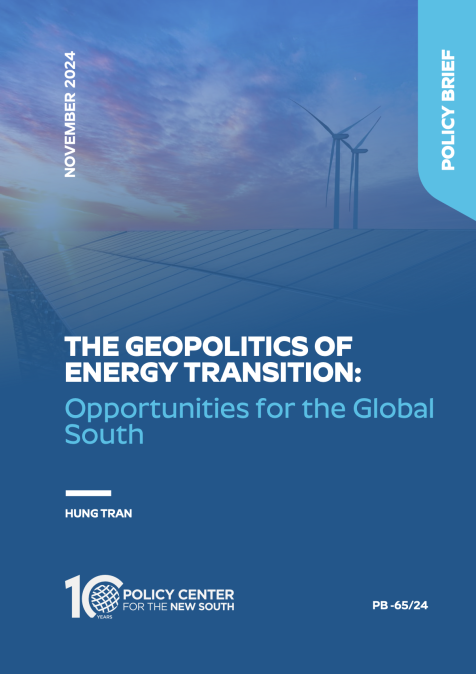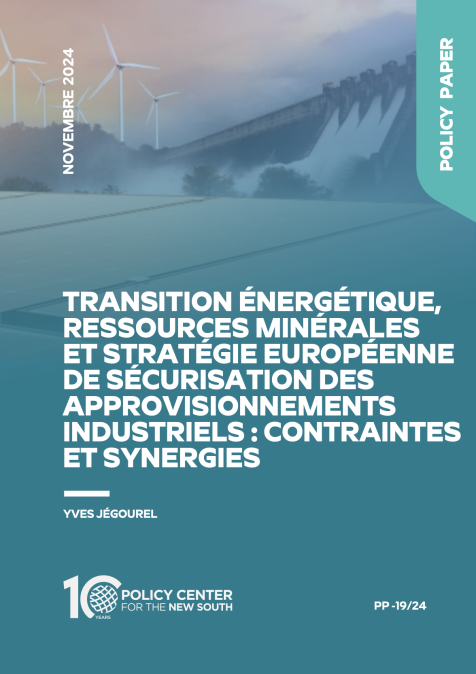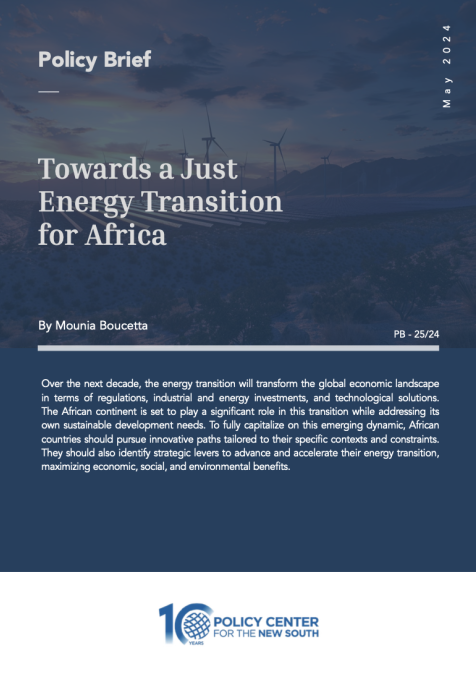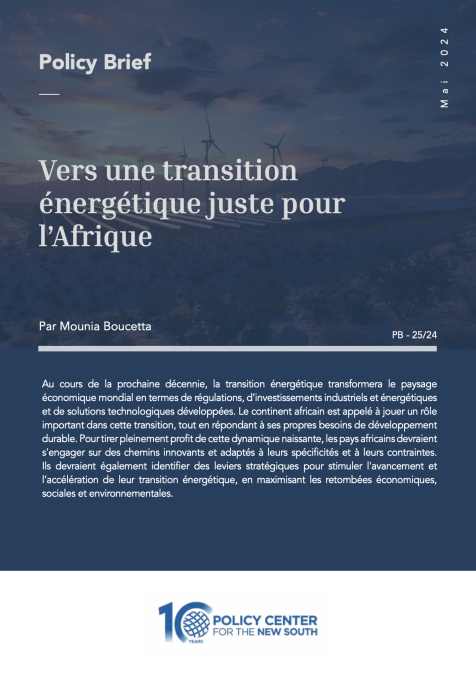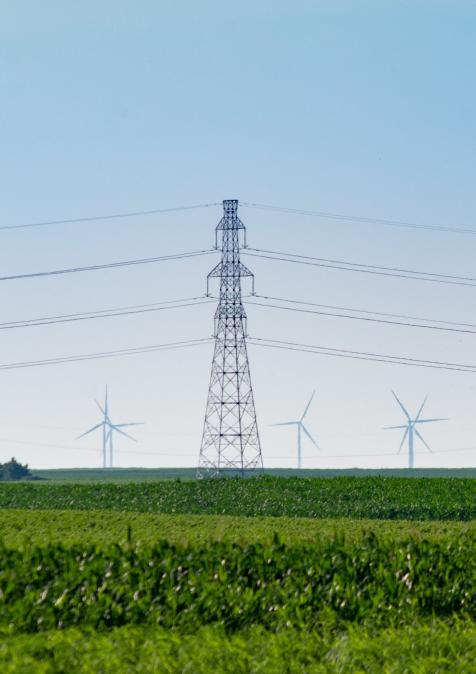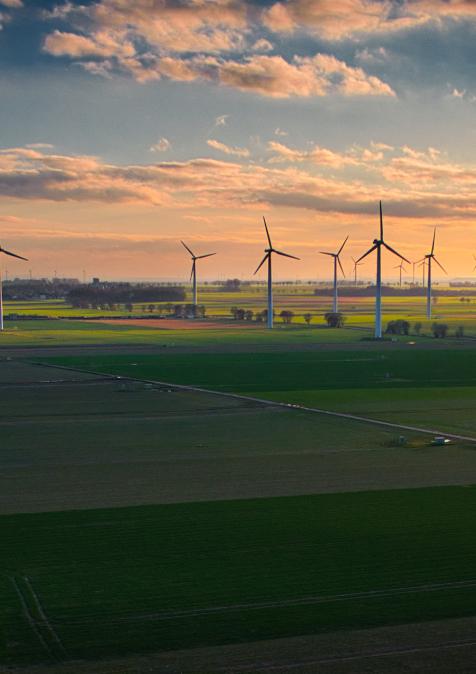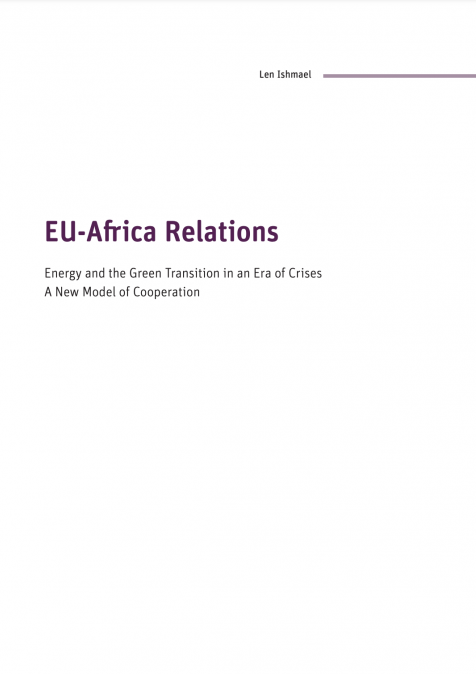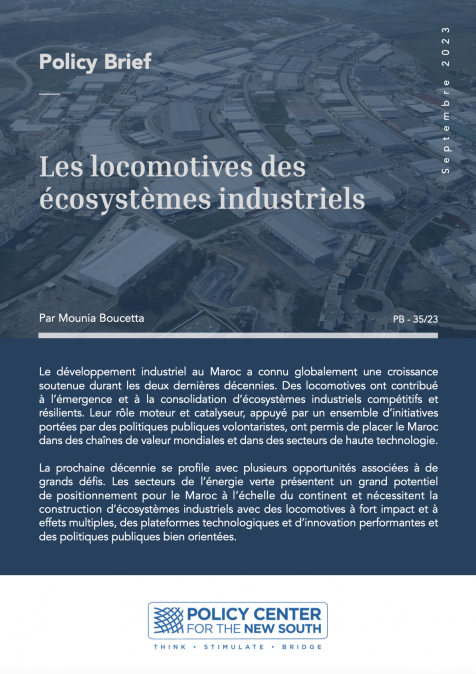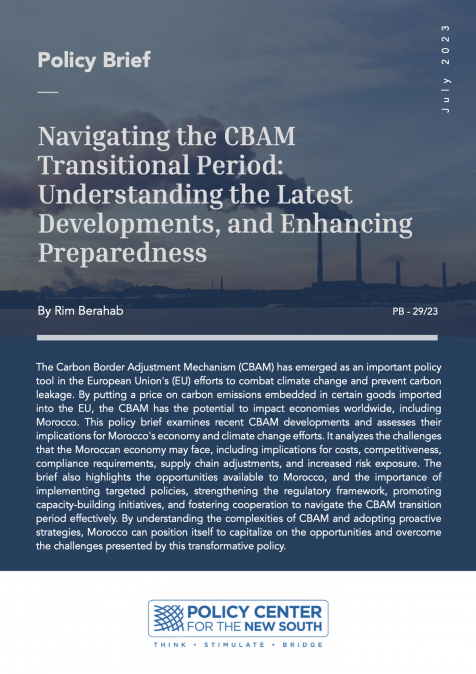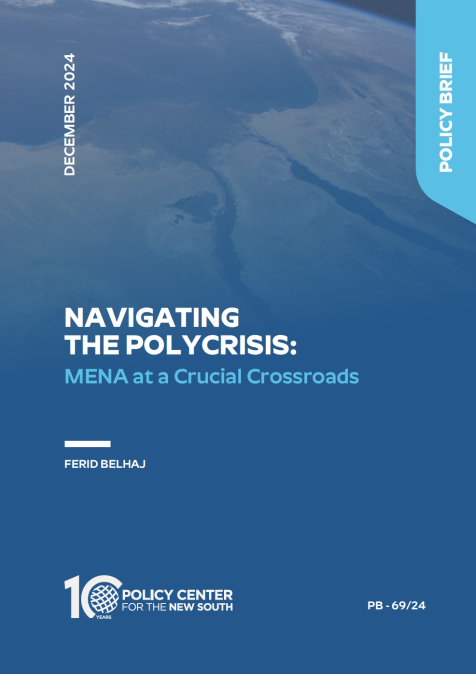
December 18, 2024
The Middle East and North Africa (MENA) region is at a critical juncture, facing an intricate polycrisis defined by interlinked challenges including energy insecurity, water scarcity, migration, conflict, and socio-political fragmentation. These crises are not isolated; their interconnectedness amplifies their impact, creating a destabilizing feedback loop that hinders sustainable development and peacebuilding efforts. This paper explores the concept of polycrisis through the lens o ...


